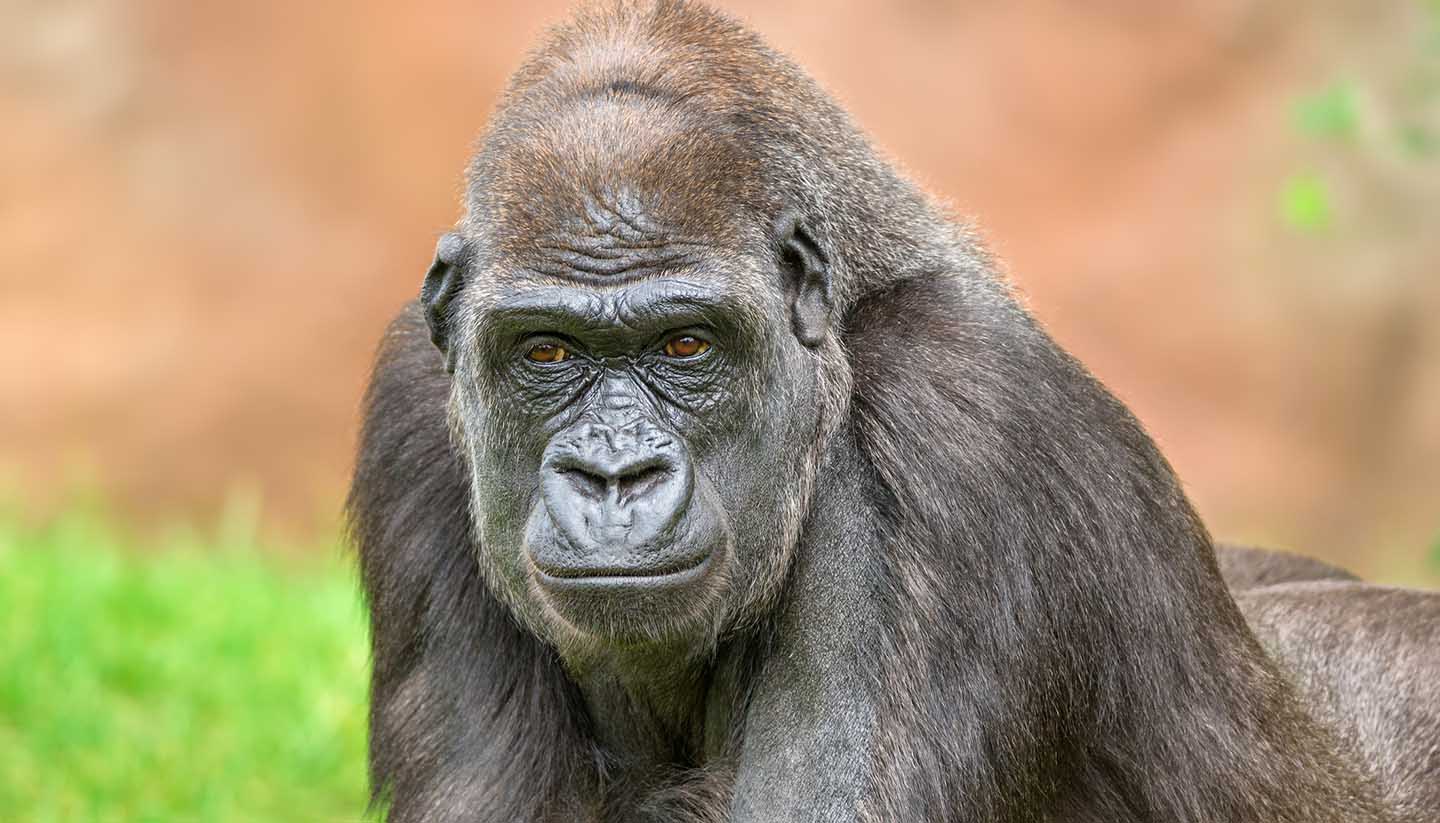Gabon History, Language and Culture
History of Gabon
The oldest human artefacts to have been discovered in Gabon are stone spearheads dating back to 7000 BC, but little more is known about Gabonese prehistory. The earliest of the present inhabitants are the Pygmies who arrived from central Africa in around AD 1100. They were followed into the region over several centuries by various Bantu tribes including the Fang.
Europeans first discovered Gabon in 1474, when the Portuguese sailor Lopez Gonzalvez entered the Gabon estuary. Between the 16th and 18th centuries the region became part of the Loango Kingdom, though from a European perspective trade became the watchword of the next four centuries, with European empires negotiating with coastal tribes for slaves and ivory from the interior. The slave trade ceased in the middle of the 19th century, but not before it had destroyed the social inter-relationships of the tribes it affected.
Land on either side of the Gabon Estuary was annexed peacefully by the French during the mid-19th century as a province of French Equatorial Africa. The Republic of Gabon moved peacefully into independence in 1960 after a three-year period of internal self-government.
A French-style constitution was adopted the following year and Léon M'ba became Gabon's first president. After seven years of stormy pluralism, the ruling Parti Démocratique Gabonais (PDG) declared Gabon a one-party state, but retained broadly pro-Western policies.
Gabon’s current president, President Ali Bongo Ondimba, took office in 2009, and is the son of President Omar Bongo – one of Africa's longest serving heads of state. From 1990, in common with much of the rest of Africa, Omar Bongo’s government effected the transformation from a one-party state to a pluralistic political system.
At the heart of the country's policies lie exceptionally close relations with France. In particular, Gabon is a key supplier to France of uranium and a number of other strategic minerals.
Did you know?
• Gabon is home to 80% of the world’s gorilla population.
• President Omar Bongo was one of the longest serving heads of state anywhere in the world, with a presidency lasting 42 years.
• Gabon’s rainforests are home to 777 species of bird.
Gabon Culture
Religion in Gabon
About 60% Christian (mainly Roman Catholic), the remainder follow Muslim and animist beliefs.
Social Conventions in Gabon
Dance, song, poetry and myths remain an important part of traditional Gabonese life.
Photography: It is absolutely forbidden to photograph military installations. In general, permission to photograph anything should be requested first, to prevent misunderstandings.
Language in Gabon
The official language is French. The principal African language is Fang. Eshira is spoken by a tenth of the population. Bantu dialects spoken include Bapounou, Miene and Bateke.


